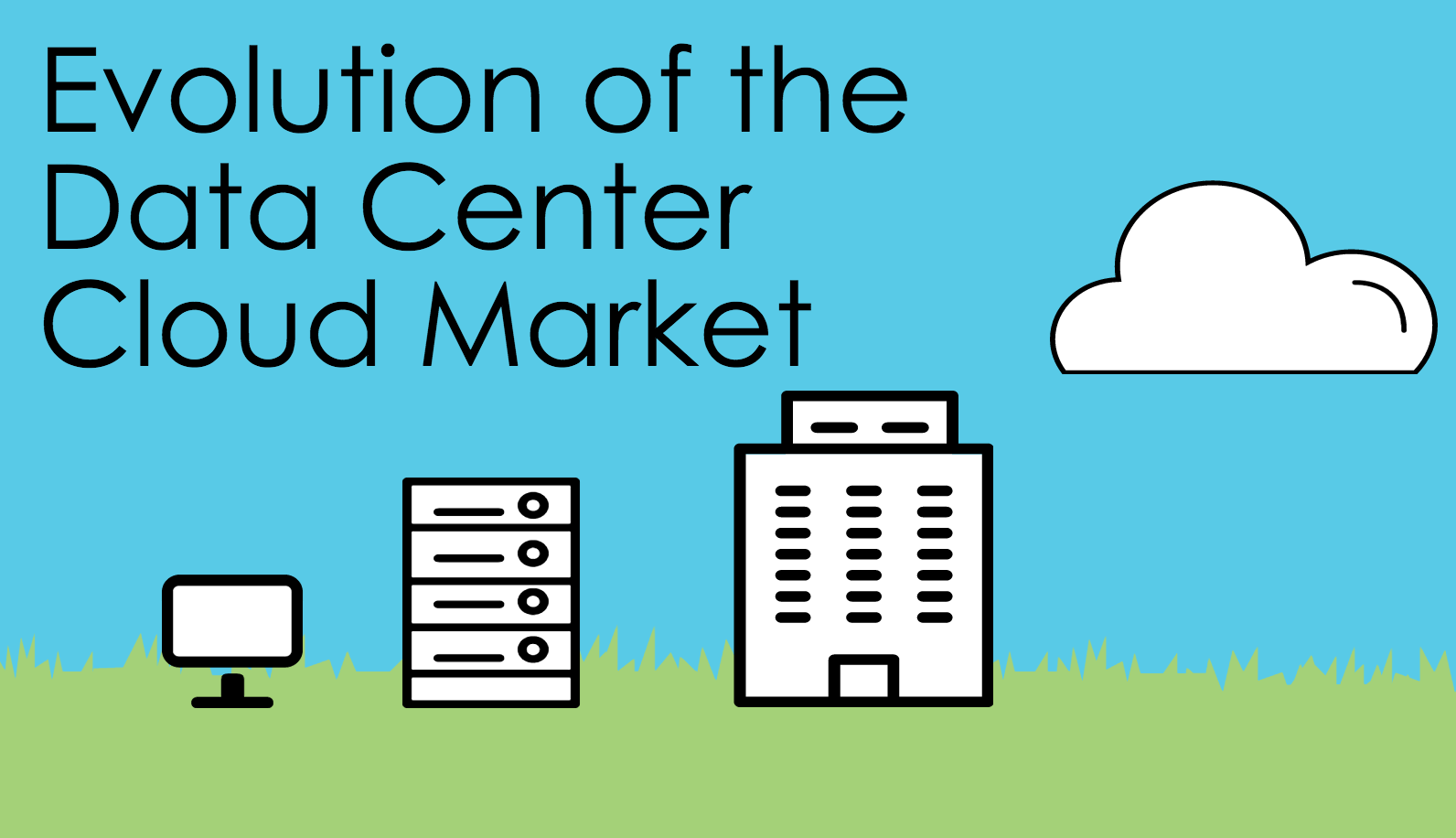By Luke Smith · 10/25/2016

How Has the Data Center Evolved?
Since the dawn of the computer age, businesses of all sizes have assembled data centers to house and protect their computer equipment. In the past, that typically meant vast arrays of mainframes and disk storage devices, but has since evolved to include groups of servers that manage applications, data, and communications. These facilities require physical and electronic security, uninterruptable power supplies (UPS), environmental controls for temperature and humidity, and highly-trained technicians to operate and maintain them on a continuous basis.
In addition, disaster recovery plans are required to maintain and restore essential services as quickly as possible to avoid serious business impact. Even backup facilities have often been an integral consideration in such data centers, where extended outages could disrupt essential technology services or even cause serious business impact and financial loss. The total investment in such data center facilities has in the past been a significant cost factor on the business bottom line.
The Internet changed everything.
Evolution of the Data Center Cloud Market
Today there exists both local services and global enterprises that provide strategic, cloud-based or colocation solutions for every kind of business that can supplement, or even replace, the traditional data center. The vast global reach of the Internet and advancements in communications technology transcend the need for in-house data centers and their associated overhead costs of physical facilities, power and environmental requirements, and constant hardware and software upgrades. In fact, recent studies of chief information officers (CIOs) found that 51 percent of technology applications now being deployed are housed in the cloud.
Cloud-based data centers can provide access to computing capacity that businesses can leverage to their advantage. They offer cost-effective solutions to housing critical systems and databases, so businesses don’t have to build their own expensive server environments. Utilizing the services of specialists in data center design and construction, management, and monitoring can free up business resources to focus on such business activities as marketing, manufacturing, sales, and customer service.
Agility and scalability are important elements in the decision to utilize a cloud data center. Such facilities provide clients with the ability to add computer power and storage capacity relatively quickly and easily as business needs evolve. Backup processing and disaster recovery become a joint concern between the business client and the service provider and are addressed through a joint service level agreement (SLA) between the parties.
Mobility is another critical advantage of utilizing a cloud solution. Whether a business requires access to applications by a remote salesforce, field service representatives, or telecommuting employees, or needs to communicate with a global base of customers and vendors, Internet-enabled data services permit secure access anywhere, anytime, and often on any device.
Colocation of Cloud Data Centers
As businesses transition to cloud data centers, the physical location of the facility becomes less important. High-capacity bandwidth and high-performance processing removes the limitation of geographic presence colocated with the business. Partnering with experienced and qualified managed service providers (MSPs) ensures 24x7 technical support and quick resolution to problems without the need to source in-house technical staffs for operating systems, security, and monitoring.
Cost is often the bottom line when considering cloud data centers. Business advantages include much more than the initial cost of building a physical data center facility. On-going costs such as power, environmental controls, physical security, communications, upgrades for hardware and software, and technical personnel are major elements of the equation.
Cloud Data Centers and the Future
As businesses embrace the concept and technological advantages of cloud computing environments, MSPs will also expand on their offerings and capabilities. Cloud computing will continue to evolve as the computing needs of the enterprise expand, while operational costs remain a critical focal point.
The fundamental processing needs of businesses will continue to change rapidly with the evolving need for mobility, agility, and flexibility. Cloud data centers provide the infrastructure that companies need to provide critical services on a non-stop basis for both employees and customers alike.